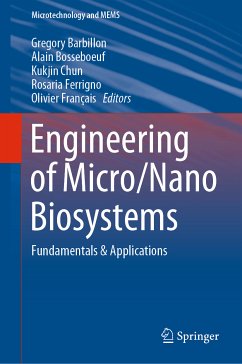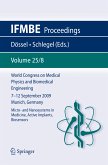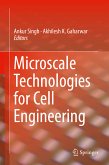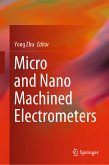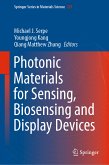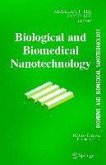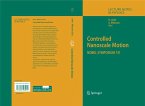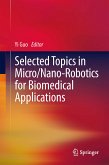The comprehensive description of the fabrication, packaging and principles of micro/nano biosystems presented in this book offers guidance for researchers designing and implementing these biosystems across diverse fields including medical, pharmaceutical and biological sciences. The book provides a detailed overview of the fundamental mechanical, optical, electrical and magnetic principles involved, together with the technologies required for the design, fabrication and characterization of micro/nano fluidic systems and bio-devices.
Written by a collaborative team from France and Korea, the book is suitable for academics, researchers, advanced level students and industrial manufacturers.
Dieser Download kann aus rechtlichen Gründen nur mit Rechnungsadresse in A, B, BG, CY, CZ, D, DK, EW, E, FIN, F, GR, HR, H, IRL, I, LT, L, LR, M, NL, PL, P, R, S, SLO, SK ausgeliefert werden.

